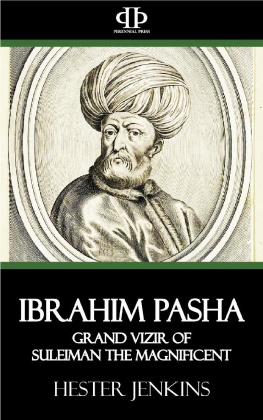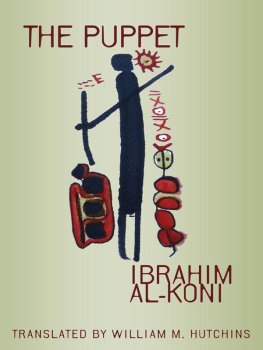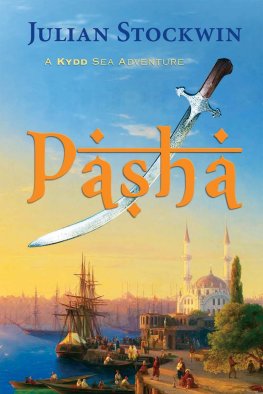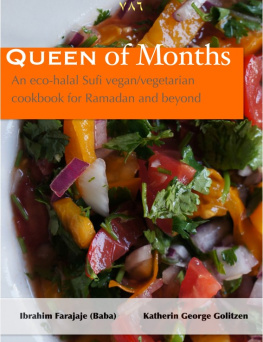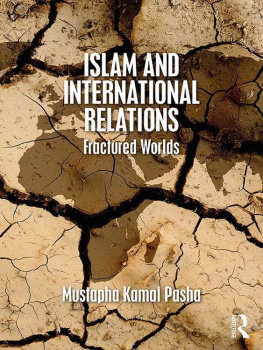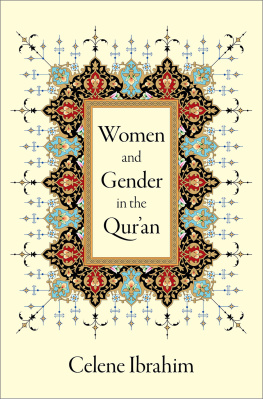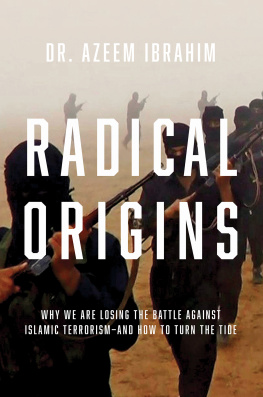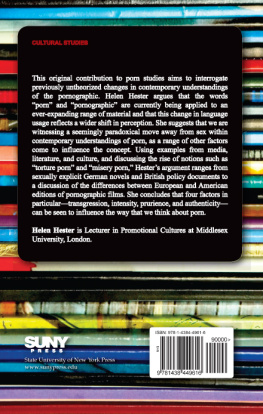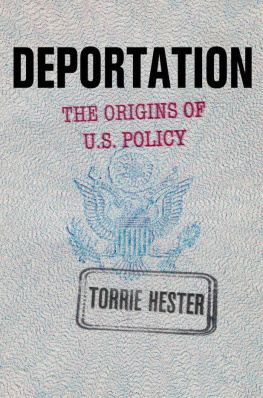Hester Jenkins - Ibrahim Pasha
Here you can read online Hester Jenkins - Ibrahim Pasha full text of the book (entire story) in english for free. Download pdf and epub, get meaning, cover and reviews about this ebook. publisher: Perennial Press, genre: Romance novel. Description of the work, (preface) as well as reviews are available. Best literature library LitArk.com created for fans of good reading and offers a wide selection of genres:
Romance novel
Science fiction
Adventure
Detective
Science
History
Home and family
Prose
Art
Politics
Computer
Non-fiction
Religion
Business
Children
Humor
Choose a favorite category and find really read worthwhile books. Enjoy immersion in the world of imagination, feel the emotions of the characters or learn something new for yourself, make an fascinating discovery.
- Book:Ibrahim Pasha
- Author:
- Publisher:Perennial Press
- Genre:
- Rating:3 / 5
- Favourites:Add to favourites
- Your mark:
- 60
- 1
- 2
- 3
- 4
- 5
Ibrahim Pasha: summary, description and annotation
We offer to read an annotation, description, summary or preface (depends on what the author of the book "Ibrahim Pasha" wrote himself). If you haven't found the necessary information about the book — write in the comments, we will try to find it.
Ibrahim Pasha — read online for free the complete book (whole text) full work
Below is the text of the book, divided by pages. System saving the place of the last page read, allows you to conveniently read the book "Ibrahim Pasha" online for free, without having to search again every time where you left off. Put a bookmark, and you can go to the page where you finished reading at any time.
Font size:
Interval:
Bookmark:

THE LIFE OF IBRAHIM PASHA, as full of strange events as the most highly colored romance, paradoxical, and to western students of society almost incomprehensible in its rapid changes, is very difficult to place soberly before Occidental readers; yet its very strangeness is typical of the Orient, and if we could understand this romantic life we might find we held a key to much in Turkish life and thought. But our only chance of understanding it is to banish from our minds western conceptions and accept as facts what seem like wild imaginings. Ibrahim Pasha was not of the Turkish race, a fact which accounts for some of the paradoxes of his career, but his life was passed in a Turkish environment, one of whose notable characteristics is that it has always at once included and modified so many alien elements. In any consideration of the Turkish people, the most important thing to hold in mind is that the Turks are neither Aryan nor Semitic, being unrelated to Persians, Arabs, Greeks, or Hebrews. When ethnologists dare not speak definitely of race distinctions, the layman cannot venture to place the Turk in the Touranian or other group, but he can accept the fact that the Turks came into Europe from Central Asia and are in some way related to the Tatars and Mongols in the East, and probably to the Magyars and Finns in the West. The Turks of Central Asia during the period from the eighth to the eleventh centuries seem to have possessed qualities which characterize Turks of the period we are studying, and even mark the Turk of the present day.
Monsieur Lon Cahun, in his monograph on the Turks and the Mongols, has made a careful study of these early Turks, a portion of which I will briefly summarize here.
The dominating quality of the Turks of Central Asia was their love of war. According to a Persian verse: They came and pillaged and burned and killed and charged and vanished. The one virtue required of them was obedience, the only crime was treason. Activity to them meant war: one word expressed the idea contained in our two words to run and to kill with the sword. The ideal death was in war; as their proverb ran, Man is born in the house but dies in the field. In their earliest cults the worship of steel and the sword are prominent.
Their second marked characteristic was their hierarchical spirit, and their strong feeling for discipline. Insubordination and conspiracy they always punished by death. Their ideal government is illustrated by the inscription on a funeral stone recently found in Mongolia. It was erected in 733 A. D. by a Turkish prince to his brother Kul Khan, the substance being as follows: I and my brother Kul Khan Tikine together have agreed that the name and renown acquired by the Turkish people through our father and uncle shall not be blotted out. For the sake of the Turkish people I have not slept by night nor rested by day.... I have given garments to the naked, I have enriched the poor, I have made the few numerous, I have honored the virtuous.... By the aid of Heaven, as I have gained much, the Turkish people also have gained much.
Another bit of evidence as to their early political ideals is taken from The Art of Government, a didactic poem describing Turkish society in the eleventh century. It says Speak to the people with kindness, but do not let them become familiar. Give them to eat and drink; and it urges the ruler to strive for the blessing of the poor by such actions.
The Art of Government brings out a third side of the medieval Turk, his love of learning. The civil mandarins are placed in rank above the beys. Honor always keeps company with knowledge. Mark well, there are two kinds of noble persons; the one is the bey, the other the scholar, in this world below ... the former with his glove or his fist commands the people, the latter with his knowledge shows the path.
Despite the development of the Turkish people from barbarous tribes into a civilized state, the Ottoman Empire of the sixteenth century was built on the lines indicated, and Sultan Suleiman showed similar qualities and ideals to those possessed by Kul Khan and his brother.
Towards the end of the tenth century, a branch of the Turks, henceforth known as the Turcomans, accepted Islam at the hands of the conquering Arabs, and in course of time all of the Turkish peoples became Moslem. Naturally through their religion the Arabs came to exert a strong influence on the rude Turks, so strong that Turkish thought has never since been wholly free from Arabic dominance. The Turks are an exceedingly loyal people, accepting the religion imposed upon them with whole heartedness. They are not by nature fanatical; on the contrary they are temperamentally tolerant, fanaticism where it has existed being an outgrowth of political conditions, or a foreign trait taken over with Islam. Rather oddly, and perhaps unfor tunately, when the Turks became literate they fell under Persian rather than Arabic influence, and for centuries, indeed up to our own century, Turkish literature has been little more than an imitation of the Persian, very formal and rhetorical. Thus the two great forces engaged in moulding the Turkish mind were Arabic theology and Persian poetry, the large Arabic and Persian element in the Turkish language being a good illustration of this.
In the twelfth century the Asiatic hordes pressing into Asia Minor came into contact with the Greeks. But there was no intellectual reaction between Greek and Turk.
The Seljouk kingdom rose and fell in Asia Minor; then the chieftain Othman stepped on its ruins and climbed to power. He and his descendants gradually conquered the Greeks until Byzantium was theirs. Ottoman conquests still continued, until a century, after the fall of Constantinople Suleiman pushed his armies to the gates of Vienna and marked the farthest point of the Turkish invasion of Europe. During Suleimans reign Turkey not only dominated the Balkan Peninsula from the Adriatic to the Black Sea and north to the Danube, but it also greatly influenced the rest of Europe. There was not a court in Europe that was not forced to reckon with Sultan Suleiman. So the career of Ibrahim, his distinguished grand vizir, is not a mere romance; it is a career which intimately affected the hopes and fears of Ferdinand of Austria, Charles V of Spain, Francis I of France, and even Henry VIII of England, as well as the Pope and the Venetian Signory.
At the height of their power the Turks were nevertheless still a simple people. While western society has moved from complexity to greater complexity, their society has preserved an unembarrassed simplicity. They are loyal to state, religion, race, family, habit. Their religion is rigidly monotheistic; their government (up to July 24, 1908) has been the simplest possible monarchy, a personal despotism; they are probably the most unaffectedly democratic people in the world; a man is what his merit or his fortune has made him, with no regard to his ancestry; they are unitarian in religion, government and society. In morals the same simplicity prevails, with no torturing doubts and few sophistries. Much that seems like a fairy tale to us is simple unquestioning reality to them.
In this simplicity, this single mindedness, they are totally different from the Arabs of the Khalifate, with whom they have been so much associated in Western minds, but with whom they have no relationship beyond that of a common religion. The Turks, I repeat, are a much simpler as well as a more warlike people than any other Oriental nation.
The sources for the life of Ibrahim are classified naturally in three groups: (1st) The Turkish histories and biographies, first and second hand; (2nd) the accounts of European travelers and residents in Constantinople, such as Mouradjia DOhsson, Busbequius, and the Venetian baillies; and (3rd) the diplomatic correspondence and documents of the time as found in such collections as Charrires
Font size:
Interval:
Bookmark:
Similar books «Ibrahim Pasha»
Look at similar books to Ibrahim Pasha. We have selected literature similar in name and meaning in the hope of providing readers with more options to find new, interesting, not yet read works.
Discussion, reviews of the book Ibrahim Pasha and just readers' own opinions. Leave your comments, write what you think about the work, its meaning or the main characters. Specify what exactly you liked and what you didn't like, and why you think so.

